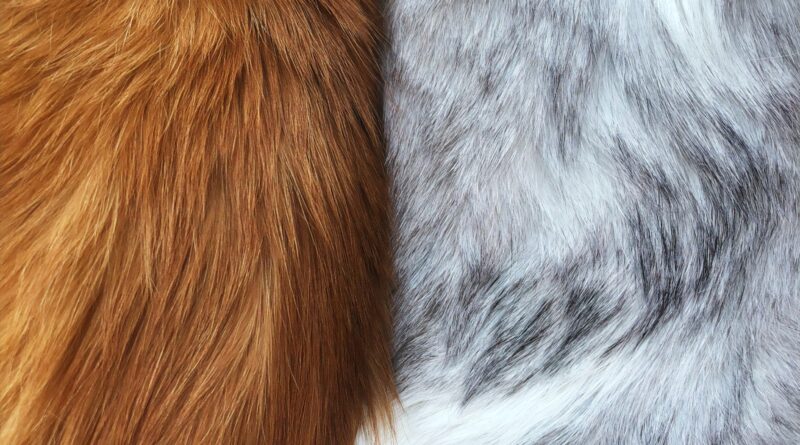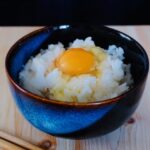Kawa (皮/革 – Skin/Leather)
Kawa
皮/革
The English words “skin” and “leather” are both referred to as kawa (かわ) in Japanese.
英語の “skin” と “leather” は、どちらも日本語で「かわ」といいます。
However, those kanji are different: 皮 is used to mean “skin,” whereas 革 is used to mean “leather.”
ただし、”skin” を意味する場合は「皮」、”leather” を意味する場合は「革」の漢字が使われます。
(Note that there is also a homonym kawa (川/河), which means “river.”)
(同音異義語に “river” を意味する「川/河」もあるので注意してください。)
Basically, just like in English, 皮 (skin) refers to a “surface covering of an animal, plant, or food,” and 革 (leather) refers to a “tanning processed animal skin.”
基本的には英語と同じで、「皮」は「動物や植物、食べ物などの表面をおおっているもの」を、「革」は「動物の皮を加工(なめし加工)したもの」を指します。
Besides, there is a word hikaku (皮革), which is a combination of 皮 and 革.
また、「皮」と「革」を組み合わせた「皮革」という言葉もあります。
Hikaku (皮革) literally refers to both “(animal) skin” and “leather.”
「皮革」は文字どおり、「(動物の)皮」と「革」の総称です。




